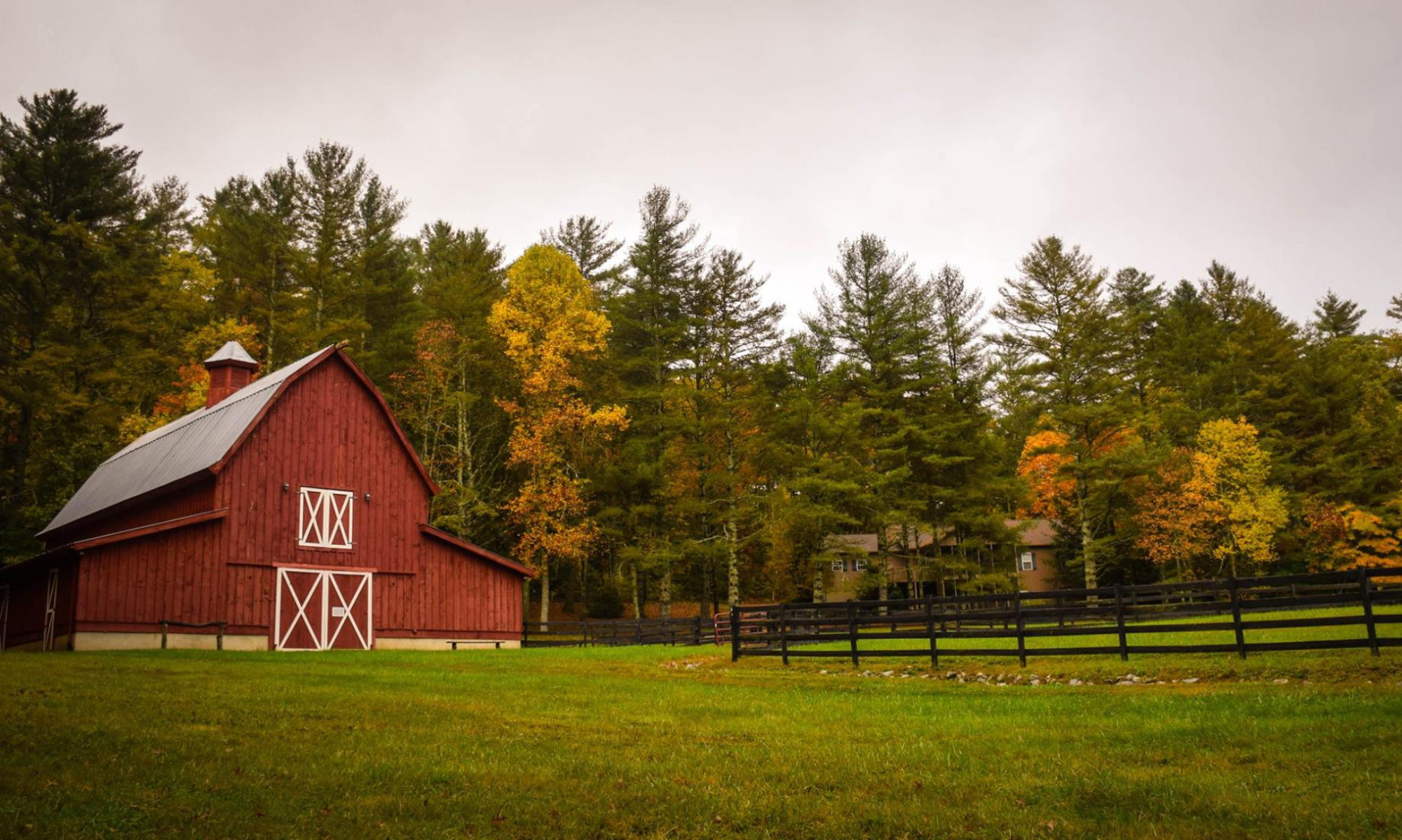Earlier this week I wrote about rural fire departments getting free equipment from military surplus. I lamented at the end of the post that there were likely more efficient ways to assist rural fire departments. This story sheds light on what rural fire departments might need, other than free equipment.
LAWRENCE, Kan. – When a call comes to respond to a fire or traffic accident, they go.
It doesn’t matter what they are doing at home or at work. It doesn’t matter if they have to drive a 30-year-old fire truck to get there. And it doesn’t matter that they don’t get paid.
But volunteer firefighters in Douglas County are becoming harder to find.
Nobody knows that better than LeRoy Boucher, longtime chief of the Lecompton Fire & Rescue Department. He has seen his department in recent years drop from an average of 20 or more volunteer firefighters to about a dozen.
As more and more young people move away from rural areas there are fewer volunteers to fight the blazes. Young people that remain are facing longer commutes, and more family pressures then before.
And it’s not only fires these volunteers fight. In many rural communities the same volunteers are trained as emergency medical technicians and first responders.
This is just one of a host of problems faced by an aging rural population.
“If I could get somebody to take over the chief’s job, I’d be willing to step out of this,” he said. “I’m going to be 67 pretty quick, and that’s too old for this.”
The rural United States needs much more than free firefighting equipment. This is the type of problem that won’t go away on its own, and if ignored it will further exasperate itself. No one wants to move their young family to a community that lacks such basic resources.
The good news is that by redirecting resources to rural development this trend should be easily reversed. People do want to live in these communities (more on that later today). They just need to be assured that they will have jobs, schools, and fire departments.

Fire Dept readiness is evaluated by ISO (www.isomitigation.com). Evaluation critera include (in approx level of importance:
– Water supply (typically need to move/supply 1000gpm for 2hrs – 120000gal)
– Equipment – Functional Pumper with proper equipment. In rural areas equally important are multiple functional tanker trucks (see above to move 120000gal of H2O).
– Trained personnel
– Functional 911 system.
Even if you get outside of the box and get volunteers you still need equipment. Get outside of the box and equip yourself with the proper equipment by hook/crook (see also the Firegrant program) or get out your checkbook. Your checkbook/local tax resources are up to the requirement?